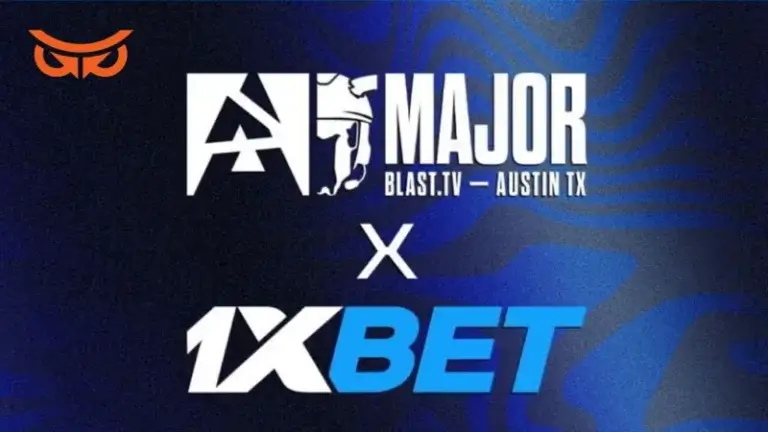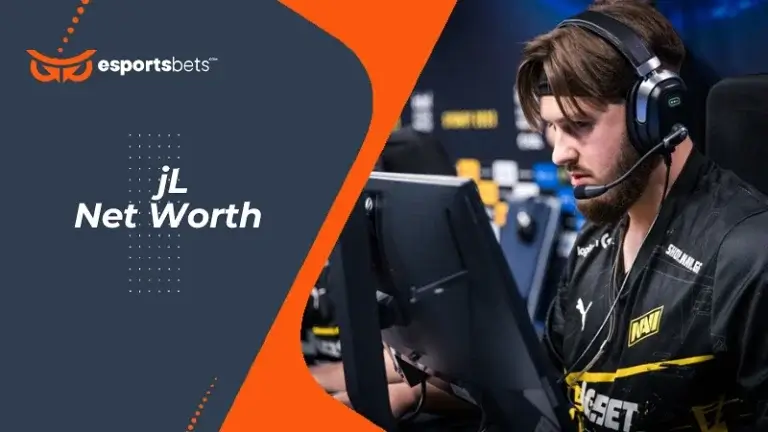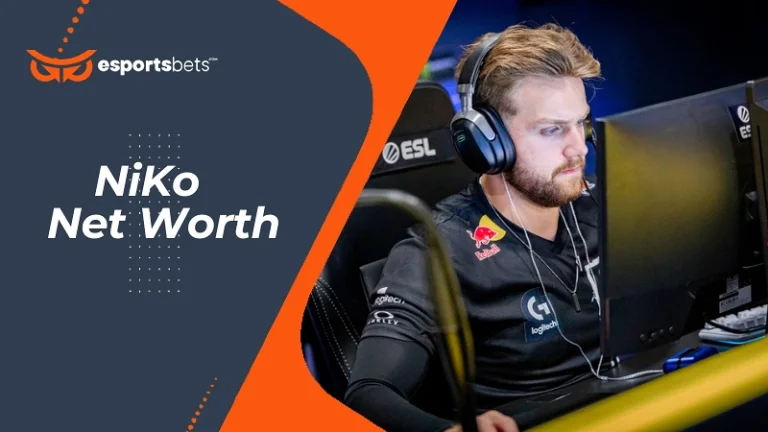Esports: The Convergence of Gaming and Gambling
There is huge potential for synergy and collaboration between the esports and gaming, and gambling industries. Gaming already has the attention of Millennials and Generation Z. Betting operators have moved online with traditional gambling to attract these generations. Now esports is a new route for gambling companies to connect with younger consumers and avid gamers, and not just online either.
Back in 2016 a press release for the first Esports & Casino Resorts conference in Las Vegas opened with an accurate statement:
“The pace of integration between America’s leading entertainment destination and America’s fastest-growing form of entertainment is accelerating.”
Indeed, if we see casinos and gambling as a go-to form of entertainment for Baby Boomer and Generation X age groups, and gaming and esports for newer generations there is a very obvious opportunity for gambling operators.
Perhaps young generations already gamble their skills and their time on video gaming. And, the cryptocurrency market boom of 2017, and arguably 2018, driven by Millennial investment shows the globe’s upcoming highest earners are certainly not averse to taking a financial risk.
[cta id=2581 type=geo]The gaming and gambling opportunity in numbers
In 2012 the esports market was valued at $130 million, by 2014 $194 million, and by 2016 $493 million. This year esports revenue is expected to surpass a billion dollars and could reach as high as $3 billion dollars by 2022, as per Goldman Sachs. That’s exponential growth.
It’s a very similar story for the wider video game market. In 2012 global gaming revenue was $70 billion, in 2016 this had risen to $106 billion, and its expected to reach over $150 billion in 2019.

Remote and location-based esports audiences are growing rapidly, fuelling sponsorship deals, tournament sizes, prize pools, investment growth, and ultimately revenue.
The first League of Legends Worlds was modest, held in a conference hall in Sweden. This year’s Worlds was in Paris with the weekend kicking off with a ceremony at the Eiffel Tower.
Last year’s League of Legends Worlds final saw nearly 100 million unique online viewers. In comparison, last year’s Superbowl had just over 98 million viewers, the event’s lowest numbers since 2008. Millennials freely admit they are choosing to watch esports and as a result are spending less time watching traditional sports.
The growth of esports betting
When the first Esports & Casino conference took place in Las Vegas in 2016 Millennial Esports had just launched the first dedicated esports arena in the region. And, Las Vegas opened the first esports lounge within a casino resort and started the process for the first legal bet on an esports match in the US.
In November 2016, William Hill was the first that take the first-ever US esports bet in Nevada for the IEM Oakland esports event. Betting was also available for the same weekend’s League of Legends quarterfinals.
So far, the number of tournaments that have been approved for esports betting has been few in the US. However, in a marked sign of progress, this November, New Jersey became the first state outside of Nevada to approve esports betting. It did so for the League of Legends World Championship.
Read also: Esports Betting Came to New Jersey But Will It Be Back?
Globally, more and more online gambling web sites are adding esports betting sections. As per Casino.org and betting consultant NJGames.org there was $5.5 billion gambled on esports in 2016 but this figure is expected to reach $12.9 billion in 2020.
Kevin Wimer, chief marketing officer at esports sportsbook Rivalry, in an interview published last summer, says esports betting totals will hit $8 billion for 2019 and “betting is the single biggest opportunity in esports,” due to its “uncapped upside.” Esports betting is an opportunity that relies on a gambling platform whereas other market opportunities within esports can be dependent on trending titles and publisher behavior.
NJGames names esports wagers the fastest growing betting trend in sports gambling. The sports betting market is currently valued at $250 billion and around $40 billion in sports betting takes place online. Onur Unlu, content manager at NJGames says:
“The growth of esports is based on overall viewership and the amount of money that curiosity generates is huge. Sponsorships, larger prize money, advertising will all be larger as the interest in e-sports increases.”
Wimer, as per VentureBeat, also describes the origins of esports betting, beginning with illegal Counter-Strike skin gambling sites in 2013 and 2014. A market that was substantially reduced by lawsuits and cease & desist notices by the end of 2016. This skins gambling may have triggered regulated esports betting. Wimer writes:
“The emergence of esports as a sport, and consequently, a betting market, represents the first instance in a long time of a new generation entering the fold. This is unprecedented and the interest from the traditional gambling world is immense. For the first time they are facing a generation born and bred on the internet.”

It’s not all plain gaming
Esports gambling is not without constraints and concerns. As with traditional sports, preventing match-fixing is a priority to maintain credibility for the industry.
The Las Vegas Review Journal says there are a number of other roadblocks. Gambling operators need to understand how to garner the interest of younger generations whilst also being careful.
Many esports players and their fans are under the age of 21. In New Jersey, US bets cannot be taken on a team with a player under 18. Operators need to be approaching regulators for permissions but to do so they have to be confident in the opportunity of esports gambling and how to make the most of it.
Overall the gambling industry may need clear regulatory parameters to take advantage of the potential in esports betting.
But the benefits are clear
As we detail, there is certainly a massive opportunity for gambling operators and if advantaged correctly it is one that can only support the wider esports industry by engaging fans in a new avenue of interest and attracting in new consumers to esports.
For gambling operators, getting involved with esports makes sense for sustainable long-term revenue. If Millennial and Generation Z are more interested in esports than traditional sports, long term the traditional sports betting market could decline.
Gambling for entertainment may be more attractive to older generations where gaming for entertainment is the realm of those born in the 1980s and later. Gambling operators need to find a way to lever this to their advantage as these generations become the highest spending consumers.
Lastly, the convergence of gambling and gaming brings the esports industry much closer in its make-up to traditional sports, taking it nearer to the tenability of being simply another major sport.
Read also: Betway introduce CS:GO slots game based on NiP







